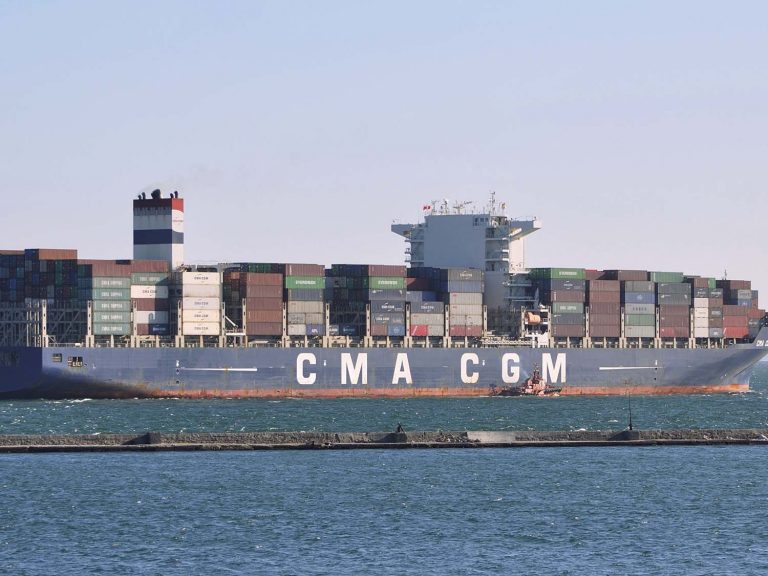
Date:
Container line alliances stifling innovation
The container shipping alliances help carriers lower operating costs and broaden service coverage through economies of scale. However, do the alliances restrict individual line’s ability to differentiate and innovate as services beyond the sea element is not always under a carrier’s control.
Container-line profits exceeded expectations in Q2 2020, a period when volumes were weak and in the third quarter, volumes and rates surged on the fast bounce-back in demand post-lockdown. Only this week Maersk announced its increased its end of year EBITDA by 25% to $8 billion for the full year.
Effective and coordinated capacity and service management during the pandemic clearly highlights the value alliances provide to their member carriers and while the carriers are clearly benefiting from higher freight rates right now, this is a complex industry that requires a more nuanced approach than simply manipulating rates.
Looking beyond the pandemic, we will still be in a market where the networks on the main deep-sea trades are designed by the three major alliances.
Without service differentiation, the port-to-port shipment is a pure commodity, which means carriers should be working on other parameters to distinguish their service offerings, or the only lever they will have to influence price is capacity management.
The problem with an alliance is that it restricts the ability to differentiate on some service elements beyond the ocean simply because the ocean link is not always under a carrier’s own control. It does not prevent a carrier from developing improved solutions, but it limits their ability to do so.
Maersk’s ambition to extend operations up and downstream is well documented, but service extensions and innovation are not common, so when CMA CGM announced an expansion of their service offering there was genuine anticipation. It quickly became clear how the alliance structure in these cases can be seen as a hindrance.
Their new SEAPRIORITY services promise priority unloading and terminal fast track to allow a quick turn time at the destination port. While some destinations also incorporate fast inland connections.
In principle, a service enhancement that provides faster delivery times is going to be attractive to shippers that value faster transits and is another indication that carriers are attempting to differentiate, by enhancing services on land-side connections.
But expanded services require strong operational control and carriers are challenged in such cases by the alliance structures.
This new service is only offered on participating CMA CGM vessels and not their ocean alliance partners, because handling such priority promises require strong operational control and the implication is that CMA CGM does not believe their partners can deliver on the priority promises on services not under CMA CGM’s direct control.
So the alliances serve the carriers well in terms of cost efficiencies, but can be a challenge in differentiating service offerings.
Metro mitigate this situation by maintaining a broad portfolio of carrier partners, so to that we have access to any new service differentiations and the widest range of service offerings, port-pairings and rates.
Metro deliver many value added services, initiatives and solution innovation, which the carriers are unable to provide.
Our bespoke and tailored solutions are always driven specifically by our customers’ requirements and expectations. For further information contact Ian Barnes, who would be delighted to talk to you about your requirements.
